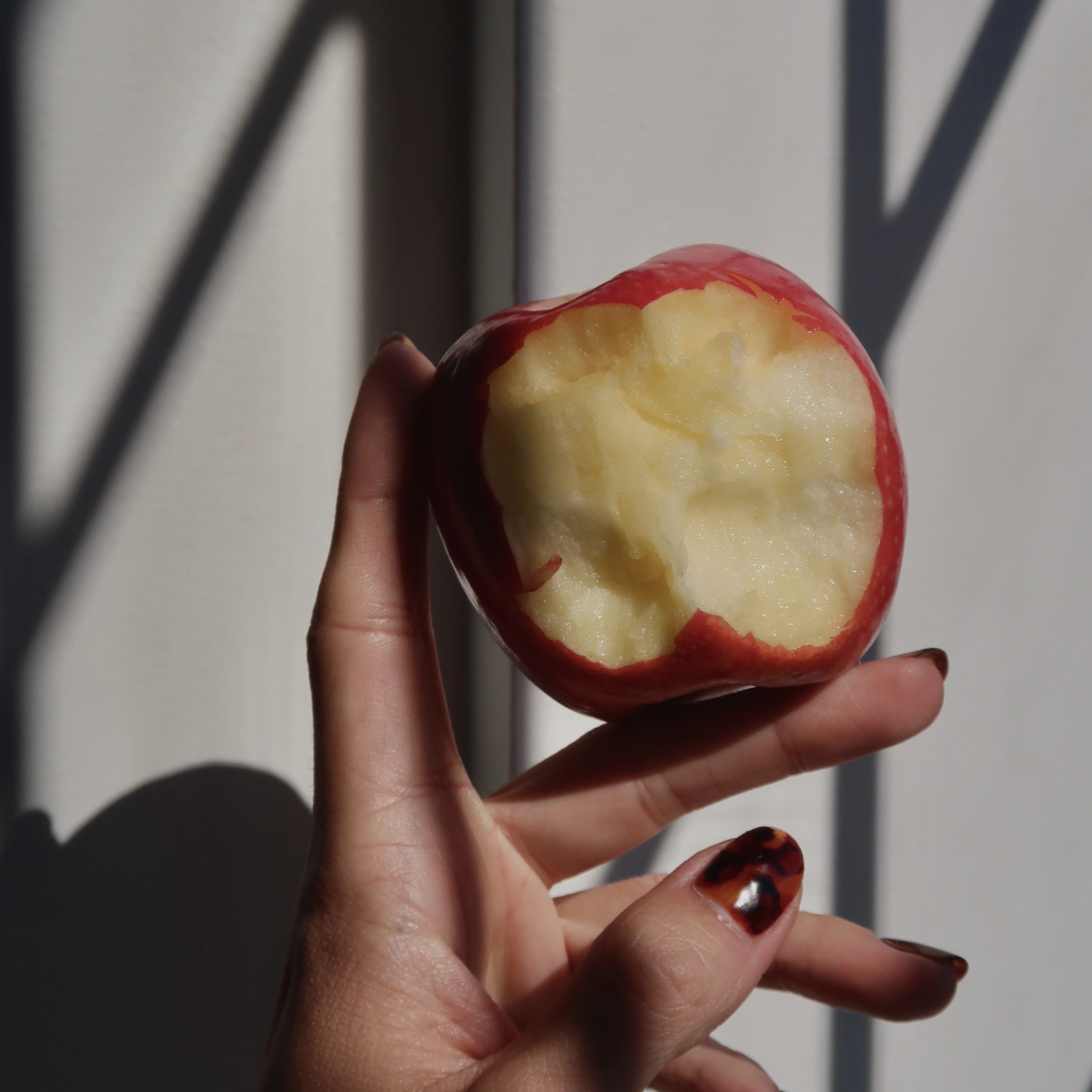
The Power of Fiber: Your Guide to a Healthier Gut
Incorporating fibre into your daily diet is non-negotiable for optimal health. Think of fibre as your body's internal broom, sweeping through your intestines and promoting a cleaner, healthier gut. But not all fibre is created equal. Choosing the suitable types can help you manage bowel movements and fend off conditions like irritable bowel syndrome (IBS) and diverticulitis. Beyond digestion, fibre is vital in lowering cholesterol, stabilizing blood sugar, preventing constipation and hemorrhoids, and even assisting with weight management by curbing appetite.
Types of Fiber
Fibre is exclusively found in plant-based foods such as whole grains, fruits, vegetables, nuts, seeds, and legumes—it’s absent in meat. Essentially, fibre forms the structure of plant cell walls. There are two main types of dietary fibre: soluble and insoluble, and both are essential for a well-balanced diet due to their unique health benefits.
Soluble Fiber: Your Gut’s Best Friend
Most plant cell wall fibres are water-soluble, dissolving in water and forming a gel-like substance. This fibre helps slow digestion, promoting satiety and aiding in weight loss. While processed foods—like canned vegetables, fruits, instant rice, and even boxed cereals claiming added fibre—are stripped of most of their fibre, raw fruits and vegetables are powerhouses of soluble fibre. They keep you fuller for longer and are loaded with the nutrients and enzymes your body needs.
Soluble fibre also helps lower cholesterol levels and removes fats from your gastrointestinal tract, supporting heart health. Some of the richest sources include fruits, vegetables, barley, beans, peas, and lentils, though the latter can be more problematic for some individuals to digest. Stick to raw fruits and vegetables for the most accessible and digestible fibre sources.
Insoluble Fiber: The Unsung Hero of Digestion
Insoluble fibre, or roughage, doesn’t dissolve in water. Instead, it absorbs water like a sponge, helping to add bulk to stools and making bowel movements more accessible and regular. This fibre keeps your digestive system moving smoothly, preventing constipation and related issues. Foods rich in insoluble fibre include whole grains, nuts, vegetables, and fruits.
How to Boost Your Fiber Intake
Eating more raw foods is the easiest way to up your fibre game. Keeping the skin on fruits and vegetables ensures maximum fibre content. Steaming veggies lightly is a good option if you prefer cooked food, but try to avoid overcooking them, as heat can diminish their fibre content.
Fruit fibre, particularly from apples, pears, and berries, is gentle on your gastrointestinal system. In contrast, some vegetables can be more challenging to digest for certain people. Many individuals I see in my practice who suffer from IBS or chronic constipation benefit significantly from adding organic psyllium husk—a soluble fibre supplement—to their diet. It provides a fibre boost that helps keep their digestive system running smoothly.
An easy way to start your day with fibre? Enjoy an apple. With 3.6 grams of fibre, it's a simple, tasty addition to your diet that supports healthy bowel function, especially when eaten whole with the skin on.
Until next time,
Frances











Leave a comment